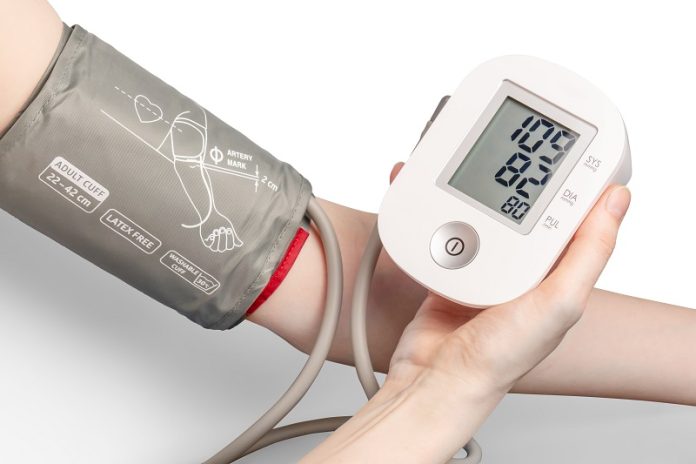
Blood pressure readings consist of two numbers – systolic and diastolic.
Systolic pressure (the upper number) reflects the pressure when the ventricles pump blood out of the heart, and diastolic pressure (the lower number) is the pressure between heartbeats when the heart is refilling with blood.
Contrary to earlier studies suggesting that high systolic blood pressure is a more significant predictor of adverse health outcomes, a recent study from Kaiser Permanente found that both systolic and diastolic pressures can help predict the risk of heart disease or stroke.
Historically, research has pointed towards high systolic blood pressure as a leading cause of health complications such as heart disease and stroke.
This has led doctors to primarily focus on the upper systolic number, with some even suggesting that the diastolic reading could be largely ignored.
A Large-Scale Study
The Kaiser Permanente team evaluated over 36 million blood pressure readings taken during outpatient visits from 1.3 million adult members in Northern California between 2007 and 2016.
Both Numbers Matter
The team found that while systolic pressure does have a more significant impact, both systolic and diastolic pressures can powerfully influence the risk of heart attack or stroke.
This was the case regardless of whether high blood pressure was defined as 140/90 mm Hg or the lower threshold of 130/80 mm Hg.
Implications for Health Guidelines
The discovery that both systolic and diastolic pressures carry similar risks at the 130/80 mm Hg threshold lends independent support to recent changes in guidelines.
It suggests that stricter blood pressure control in higher-risk patients with hypertension is necessary for reducing heart disease risk.
The researchers emphasize that both systolic and diastolic pressures are important and, for generally healthy individuals, lower blood pressure readings are better.
The study, led by Alexander C. Flint, was published in the New England Journal of Medicine.
If you care about heart health, please read studies about Aspirin is linked to a higher risk of heart failure, and how to remove plaques that cause heart attacks.
For more information about heart health, please see recent studies that Vitamin D deficiency can increase heart disease risk, and results showing Vitamin K2 could help reduce heart disease risk.
Follow us on Twitter for more articles about this topic.
Copyright © 2023 Knowridge Science Report. All rights reserved.



